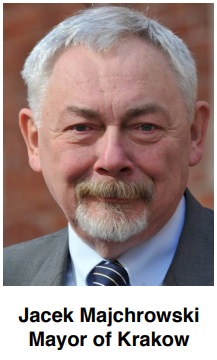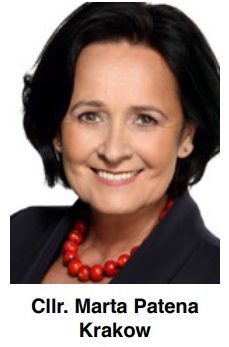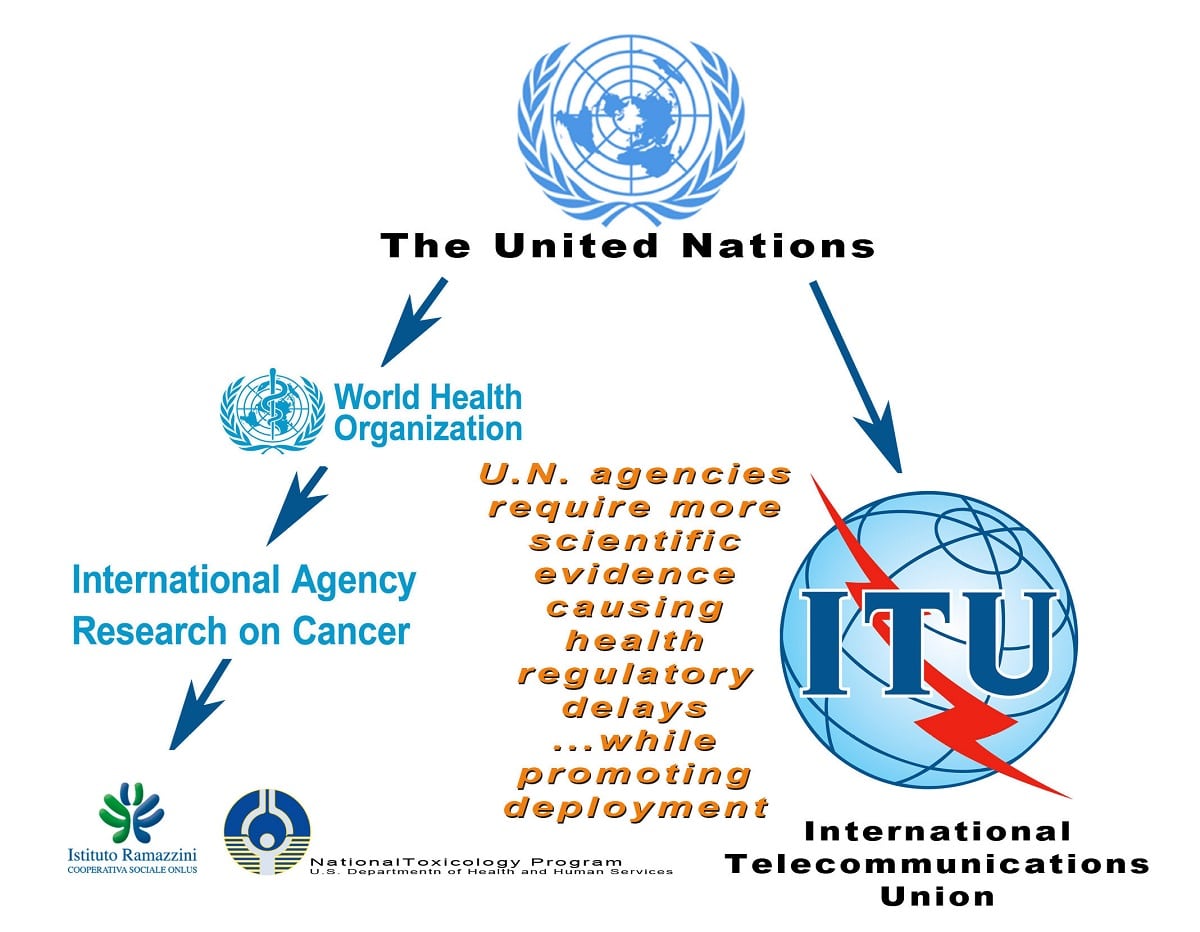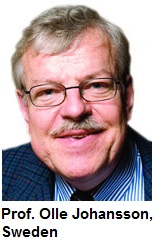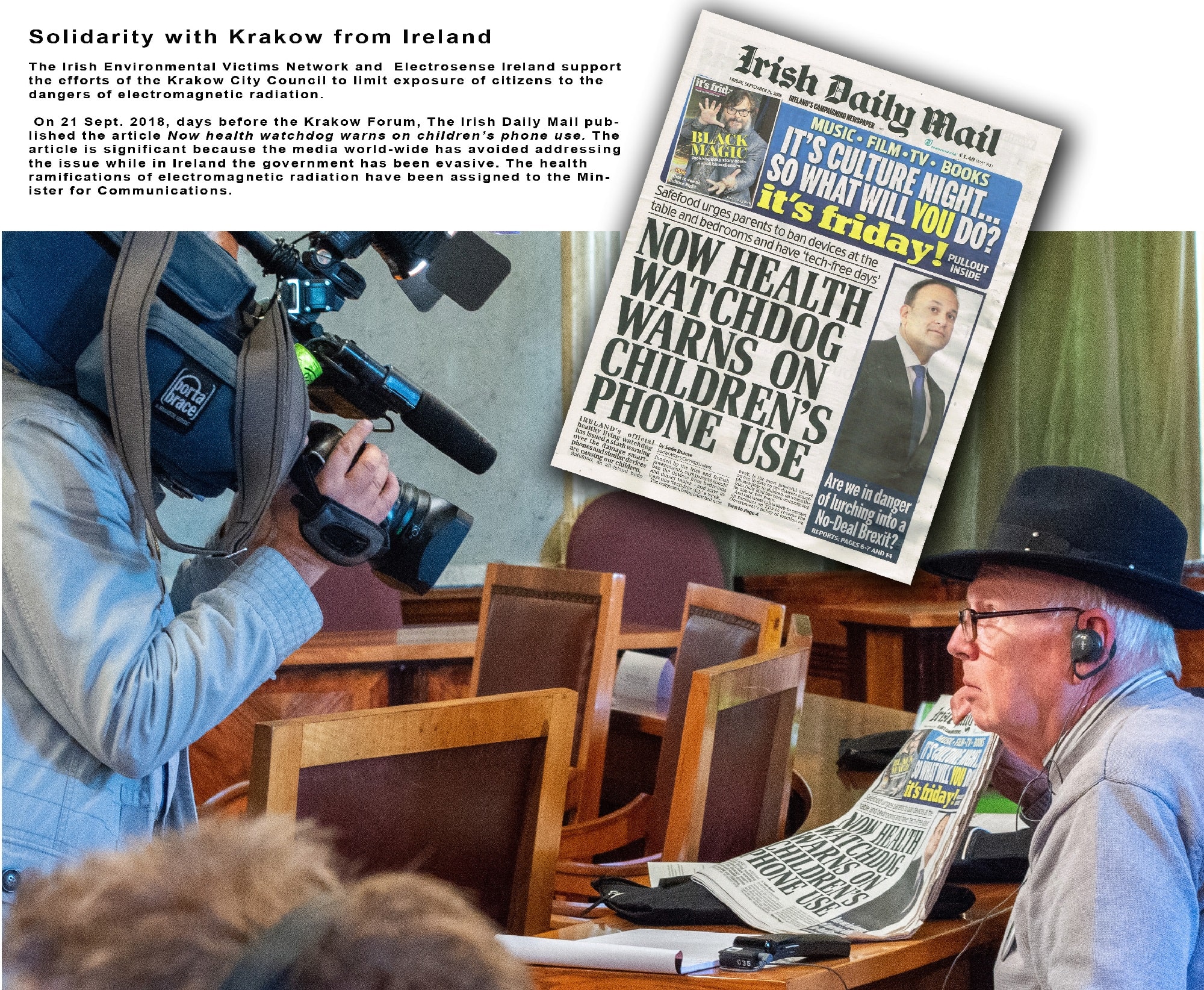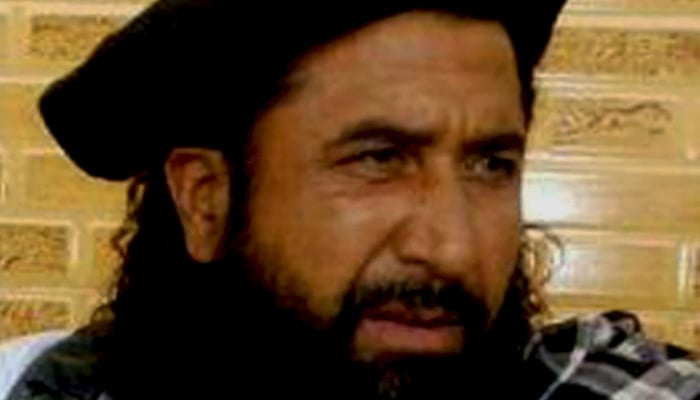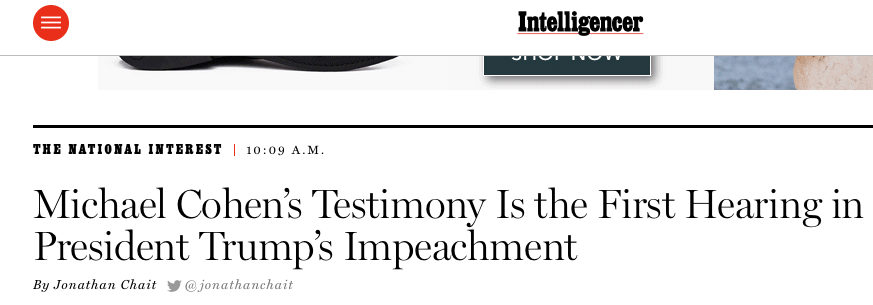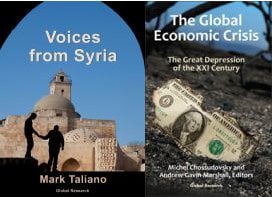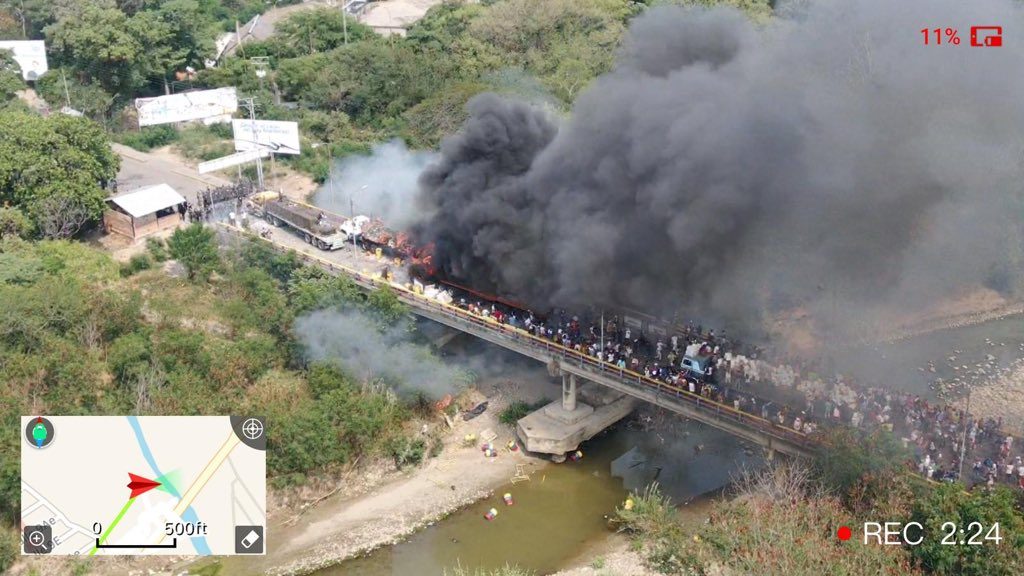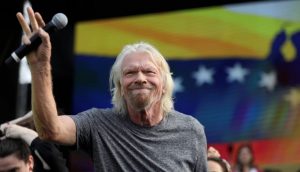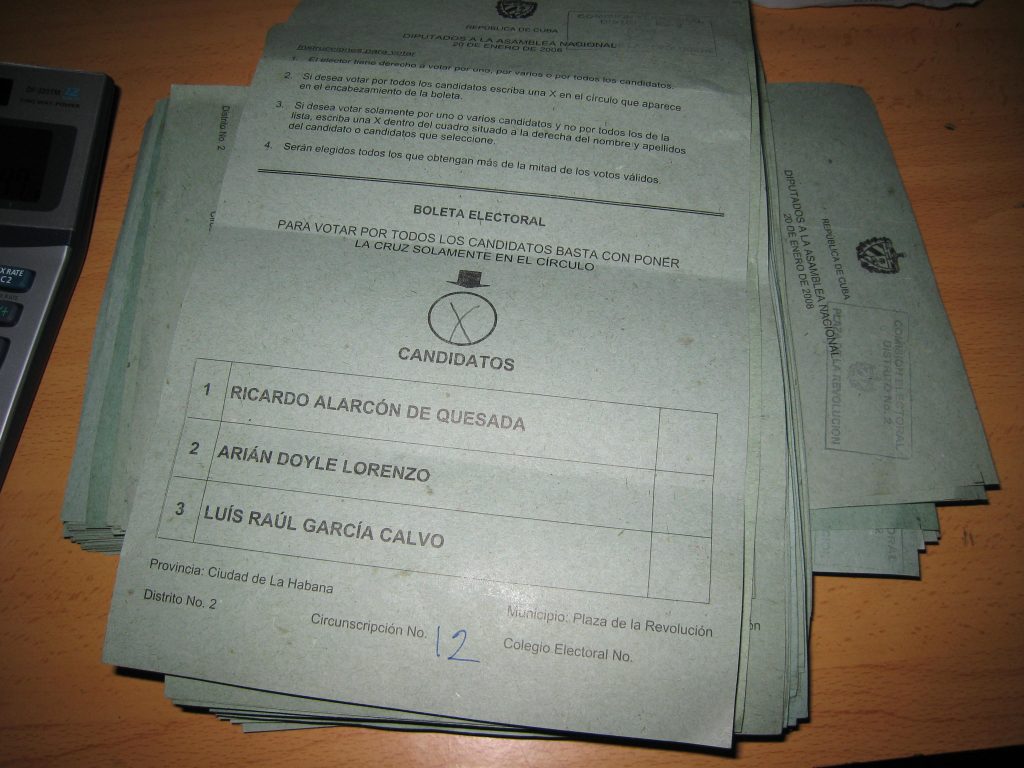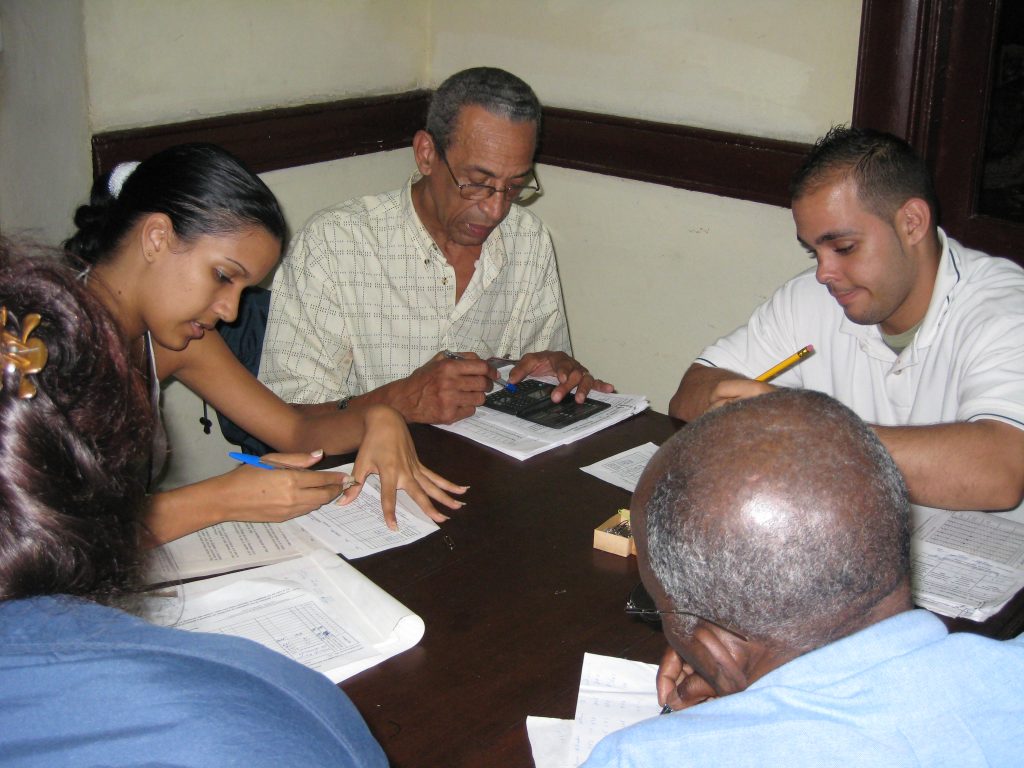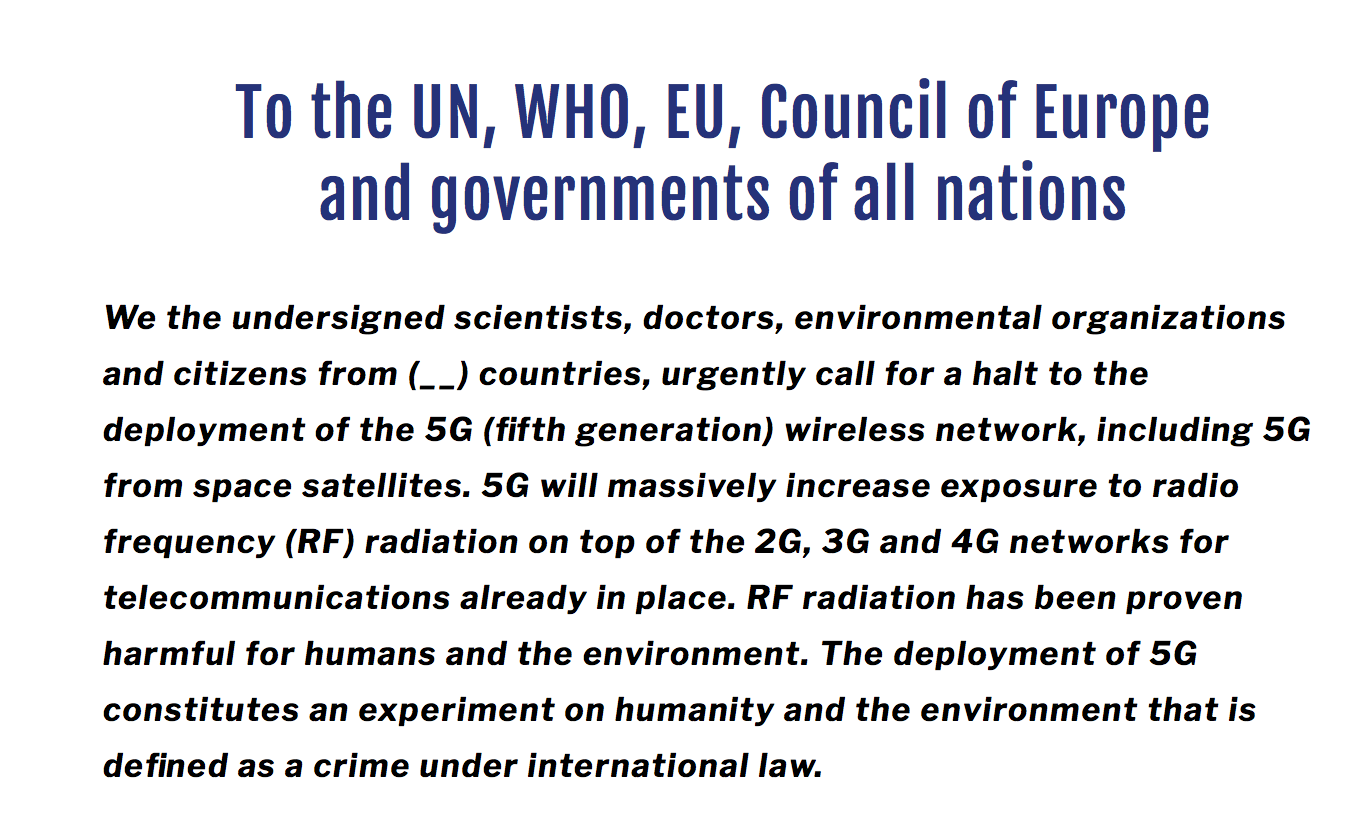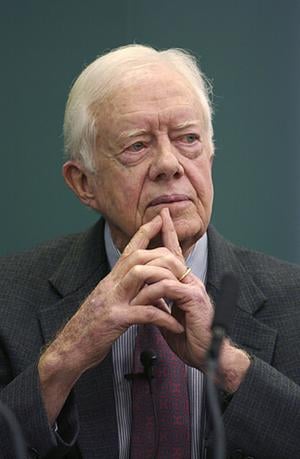“Bi-partisanship between neoliberals and conservatives built the monster we now call ‘mass incarceration.’ No so-called ‘progressive prosecutor’ can or will unbuild it. That’s because it took the entire system – DAs, judges, cops, defense lawyers, and prison administrators, not to mention the media, to collaborate on a monstrous project like mass incarceration. Only mass resistance can abolish mass incarceration.”– Mumia Abu Jamal (February 16 2019 speech to Yale Law School`s Rebellious Lawyering Conference.) [1]
“There are so many injustices in this system, man, about the things they do to people, the harm they cause to people. It’s not just MOVE that are treated horribly like this.” – Mike Africa Sr, MOVE 9 member interviewed in this week`s program
LISTEN TO THE SHOW
Click to download the audio (MP3 format)
U.S. President Donald Trump saluted “National African American History Month” in a February 1st tweet:
This from the president who has characterized Mexican immigrants as “criminals and rapists”, demanded a Muslim ban, and avoided renouncing known white supremacists like former KKK leader David Duke. [2]
Previous to becoming president, Trump had established a track record that was anything but evolved in terms of reconciling the divide between people of color and whites in his country. In the 70s, his family’s real estate company was sued twice by the U.S. Justice Department for rental practices that discriminated against black applicants. Workers at his Atlantic City casinos would accuse him of making racist remarks about black people, even removing African-American card dealers at the discretion of high rolling customers. In one notorious case from 1989, he spent $85,000 on newspaper ads calling for the return of the death penalty and for the execution of the so called Central Park five, five youths of colour who were intimidated by authorities at the time into confessing to a rape they never committed. [3][4]
There are legitimate concerns about what Trump’s past activities will mean for vulnerable minorities, especially as economic conditions worsen, and scapegoating becomes fashionable. However, the impulse to make Trump an exclusive focus of anti-racist organizing by, for example, campaigning for more progressives and people of colour, such as the newly minted Congresswoman Alexandria Ocasio-Cortez, could conceivably distract the nation from structural and systemic violence that has festered through ‘hope and change’ President Barrack Obama.
As mentioned in an October 2018 edition of this radio program, such structural racism includes racialized policing and a system of mass incarceration that has seen blacks imprisoned at a rate nearly five times higher than their white counterparts. The Black Lives Matter Movement which sprung up in opposition to police shooting unarmed black youth, seemingly with impunity, erupted under the administration of America’s first black president.
On the occasion of Black History Month, this week’s Global Research News Hour radio program attempts to take the temperature of the struggle for racial and social justice two years into the Trump presidency with three provocative interviews.
Our first guest, Glen Ford, directly addresses the question of how Trump can be a potential distraction from more fundamental grassroots organizing, and lays out his appraisal of how meaningful change can and is being achieved.
Our next guest, Suzanne Ross of International Concerned Family and Friends of Mumia Abu Jamal brings listeners up to speed on a new opportunity and setback for the campaign to free America’s most high profile political prisoner.
At the midpoint of the program we hear a brief excerpt from a speech by Mumia Abu Jamal, recorded and presented to Yale Law School’s Rebellious Lawyering Conference. This was in place of speaker Larry Krassner who was disinvited following his efforts as District Attorney to sabotage Mumia’s case.
Finally, we end the show with an exclusive interview with two members of the MOVE 9, Debbie Africa and Mike Africa Sr, along with their son Mike Africa Jr. The family now re-united after more than 40 years detail their own recollections of the incident for which they were falsely accused of murder, their ordeal behind prison walls, and their reflections on what has and has not changed in the outside world since 1978.
Glen Ford is a distinguished radio-show host and commentator. In 1977, Ford co-launched, produced and hosted America’s Black Forum, the first nationally syndicated Black news interview program on commercial television. Ford co-founded the Black Commentator in 2002 and in 2006 he launched the Black Agenda Report where he continues to serve as executive editor. Ford is also the author of The Big Lie: An Analysis of U.S. Media Coverage of the Grenada Invasion.
Suzanne Ross is a New York City based clinical psychologist, a long-time anti-imperialist activist and representative of International Concerned Family and Friends of Mumia Abu-Jamal.
Debbie Africa and Mike Africa Sr. are two members of the organization known as MOVE, a black liberation group founded by John Africa which embraces revolutionary ideology and embraces a philosophy of protecting life, both human and non-human. The couple were arrested along with seven others following an August 1978 raid on the group’s communal home which left a police officer dead. All members of the MOVE 9 have denied criminal wrongdoing. Two of the nine died in jail. Five are remain in prison. Their son Mike Jr. is actively working to seek justice for the MOVE 9. Find out more on his site mikeafricajr.com.
(Global Research News Hour Episode 249)
LISTEN TO THE SHOW
Click to download the audio (MP3 format)
Transcript – Interview with released MOVE 9 members Debbie Africa and Mike Africa Sr, and their son Mike Africa Jr., February 20, 2019.
Part One
Global Research: In Philadelphia, August 8th 1978, in a predawn raid, hundreds of Philly police officers converged on the home of the MOVE family in the Powelton Village neighborhood. Battering rams and at least four high-pressure firehoses were used against the occupants. During an exchange of gunfire which ensued, one Philadelphia police officer, James Ramp, was shot and killed. The Philadelphia court system found the 9 adults in the communal household criminally responsible for the killing and charged them with 3rd-degree murder. This in spite of the fact that ballistics revealed Ramp had been shot at a downward angle, while the alleged perpetrators were in the basement of the house, below Ramp.
Last year, after spending four decades in prison, two of the MOVE 9 were released on parole, fully ten years after being eligible. Debbie Africa was released in June, and her partner Mike Africa Sr released four months later. With two members having died while in prison, that leaves five still behind bars and prison walls for the crime that they have continually asserted they never committed. For the first time since their early 20s, Debbie and Mike Sr, now in their 60s, have been reunited with their children and grandchildren, and can once again walk the streets freely. The Global Research News Hour welcomes Debbie, Mike Sr, and Mike Jr to our program.
It’s a pleasure to have you on our show, thank you so much for making the time to speak with our listeners
Mike Africa Sr: You got it, man! On a move!
Debbie Africa: On A Move!
GR: Debbie, Mike Sr, please, if you could, could you convey to our listeners the feelings that you experienced on having finally being released and being reunited with each other and with your kids and grandkids for the first time after 40 years behind prison walls?
DA: Relief. I always tell the story that when I was first sent to prison in …1978, my oldest child was only 2 years, she wasn’t even 2 years old yet. And Michael Jr wasn’t born yet. So, I was pregnant with him. I had a two year old baby that I was holding when the raid took place, and she was taken from me. And – my daughter was taken from me.
And, without even realizing how long I felt so heavy, when I finally got released it was like a weight just came off of my heart, and that’s really all I can explain to you. As soon as I walked out that door, Michael Jr was there and the family was there – his wife, his children, which are my grandchildren, it was just like the weight was just lifted up off of my heart … it was just a really great feeling, to know that they finally, finally did something they were supposed to do. Release us.
MAS: Yeah, well for me, it was relief also, to say that we had waited for all these decades sometimes feeling that it wasn’t even gonna happen. And I did not believe that it was happening until – even when we was granted parole – I still didn’t believe it would happen until I was finally out that door on the road with my son in the car. At that point, is when I finally believed that it had happened. It was due all to a lot of hard work from Mike Jr, and a lot of family, and a lot of friends, a lot of supporters. So, I was euphoric, man, it was really, really nice.
GR: And Mike Jr, maybe you’d like to comment on this day finally having arrived, I mean I’m sure its something you’ve dreamed up for literally your entire life. Anything that you experienced that maybe you hadn’t anticipated or expected?
Mike Africa Jr: Yeah well, I mean it was the same thing for me… Trying to get something done and it not happening, you know, for a long time, so to actually finally get to that point, and actually be able to watch my parents walk out of the prison, rather than be carried out, or rather than be wheeled out… It was a big thing. It was important. It was a relief for me too.
GR: Debbie and Mike Sr, could you maybe just take us back to that raid in 1978. I mean we’ve all heard the clinical account. But I was curious to know about the memories that have stuck with you from that day and that have haunted you in the decades since, of what you saw and experienced on that horrible day.
MAS: Ah, well it was a lot of chaos. A lot of confusion. It was mostly just dark, because there was a lot of tear gas and smoke and shouting and babies crying and dogs barking. It was a lot of confusion, man. It was a horrible, horrible day. I just remember, you know, it was so dark you couldn’t see anything in the basement, because as I said they had shot in smoke and tear gas, so we couldn’t breathe either.
And they had a lot of deluge hoses, and I don’t know if you are familiar with those but they were strong enough, the force of the water was strong enough to take bricks out of the walls, so you had to shield yourself from that… They were shooting from all directions coming in at us. So, it was just a terrible day, man. It was a miracle that we survived and we came out of there and that none of our children were killed. So it was just a hard day for us.
GR: Debbie, I mean you as I understand it, you were clutching your baby at the time, this is before Mike was born, maybe you have some recollections from that time as well.
DA: Well, it was scary that’s for sure. It was scary. It was scary being pregnant, and holding a baby, and watching other women who had babies and young children. It was pretty scary. We’re not really at liberty to talk about it at length, because there is still litigation going on as far as the whole issue with that day.
You know it was also a tragic day for the officer who lost his life, and MOVE never, ever, ever, ever willed nothing like that to happen. There has never ever been in our frame of mind, our frame of work, our frame of network, to have anything like that ever happen to anybody. MOVE… is about life, about protecting life, and that’s what we’re about. That’s what our whole purpose is, to protect life. Not to encourage life to be destroyed or killed.
For me, all I can say is, it was a really scary day, and I didn’t think we were coming out of that house alive. I don’t even know how we came out of that house alive, except for the fact – to say that it had to be a miracle.
GR: Yes, could you talk, both of you, about the time you spent in prison. It must have been particularly difficult, given that as MOVE members you had a special diet and routines that were probably not compatible with what was being forced on you. What did you and your fellow incarcerated MOVE members have to put up with, and how did you cope for the past 40 years?
DA: Well, we pretty much had to eat really what the prison served. Aside from being down at county for three years, myself and my other MOVE sisters who were down there, we had to eat what they served, however we were able to obtain some, a few of the vegetables and fruits that we did normally eat on the street for those 3 years while we were in the county. But, once we went upstate, we would just had to eat pretty much what everybody else had to eat. That’s just the way it was.
So, the food wasn’t the healthiest food to eat. You know, you hardly got any raw foods at all – I mean, vegetables. Everything was canned. We didn’t really have the option until years and years later of what you could eat, and even the commissary that you bought food or snacks from, the snacks weren’t the healthiest to buy either, up until like I said, like a few years maybe before I came home.
MAS: Well, prisons – the conditions of prison are pretty well known, man, and we’re not the only victims of a system that jails people who are innocent. Just recently, another person was released from death row after doing 28 years by the current District Attorney. And the food is historically horrible. So these are well known things.
Not as well known is the need for prison reform, which once we did settle in, we were always fighting for our freedom. Always fighting to expose an injust system. But what I settled then on, what we settled then on is a lot of prison reform. A lot of things to expose, and to help people gain their freedom, and understand that while they’re – might be working on their individual cases, there’s a need to address systems that systemically represses certain people, and we worked hard to address those issues, and we did that even before we were jailed in the first place, which is another reason why we were attacked in the first place.
So, this is something that we’re still continuing to do right now. We were very much interested and active in the issue of prison reform.
GR: And your interactions with other inmates… people who were also in prison. Were you able to interact with them and help continue the cause through your interactions with the people who were also in custody?
MAS: Yeah, very much so. Right now we still have people that now want their release, they just had an issue with a juvenile lifer. In Pennsylvania in the United States they had a ruling where they found it unconstitutional for a juvenile lifer to be sentenced to life in prison without the possibility of parole. So, many of them have been released over the last couple of years, and over the years, I had been in touch with many of them, we had all – all the MOVE people in prison – had been in touch with a lot of them, mentoring them, and keeping them out of some dire situations, and protecting them from some dire situations, and they still come up to us to this day, thanking us about those issues. This is something that we continue to do now – mentoring people who’s freshly released, and staying in contact with some of the people, now.
DA: Um, I do have a story to tell about that too. One day, I was waiting for the bus, to go some place, and Michael Sr was with me. When I got on the bus, the bus driver just kept looking, and he kept looking. He said, “I know that guy! I know that guy!” He said, “Wow,” he said, “Man, that’s a strong brother!” And he looked at me, and he said, he said, “Man, y’all are really strong people!” And what he did was he recognized him from being released, and he recognized him from a friend of his telling him who he was and how he had taken care of his friend while he was in jail. And he just was in awe of just seeing him on the street because he remembered when he was released. And this is the kind of response that we’re still getting on the street from people that mostly had been in there with Mike – Mike Sr.
I mean we were in the supermarket just about 2 weeks ago and, you know they got, a guy walked up to him and says, “Dang!” You know? “Mike!” You know just friendly, and just always just so happy and the first thing they say is, “Man if it wasn’t for you,” he said, “Man, I would have been in some bad trouble. Mike, you really kept me straight!” You know? And these are the examples that we run into, like all the time.
Intermission
Part Two
GR: There’s a question that’s been burning in my mind and I just have to ask you. You know there’s a saying that everyone who was alive at the time remembers where they were and what they were doing the day Kennedy was assassinated. Talk about that day in 1985 when you heard that the MOVE home on Osage Avenue had been fired on and bombed by the police, killing eleven of your family members including six adults and five children, including your group’s founder John Africa. Could you share your feelings on that day? How you got the news and how you processed that information?
DA: I remember very well where I was at. Myself and the two MOVE women who had children in that house in 1985, we were all in solitary confinement at the time, 1985. We were all locked behind a gate. We were all in solitary confinement with only one hour out for recreation a day. And we were given the news by an officer who just came by each of our cells and said, “There was a fire bombing and your child is dead.” That’s the way we got the news. And, in fact, let me think, it was three of them, it was Sue, Janine and Janet whose children were in that house May 13th and that’s how we got the news.
MAS: Well, for me I was in Huntingdon prison in 1985, and I was watching it unfold on either CNN or some – yeah it had to be CNN because it wasn’t local up there. And I was just watching in disbelief, you know, and I didn’t um, I never believed what I was seeing. Never believed that our people were actually gone, until I talked to some people, some MOVE people later. Sometimes I had, I was, left the TV set to call home and I talked to a couple of the members of the organization. And they confirmed some things and that was a very horrible, horrible hard day.
GR: Yeah that ..it must have been quite horrible to have to …to get that news and then, you know, you’re continued incarceration goes on. Might I ask, how do you make sense of your release now, forty years later, and ten years after being eligible for parole?
MAS: Well the sense of it is that we should have never been – as you mentioned in your opening statement – that we should have never been convicted in the first place. That it took 40 years… that’s a system that needs reform. That it should make more than MOVE people incensed. It should make more people than MOVE concerned about prison reform. That it does not, speaks volumes of the system not MOVE people.
That we were speaking on it in the beginning before August 8th, before May 20th, before any historical record about or any confrontations between MOVE and the city of Philadelphia, should speak volumes about the MOVE organization. Because we were aware of it before. We had stickers going on envelopes before. We were doing things in the community before this became a hot topic it is today. And thanks to MOVE’s founder John Africa, we got on this issue and stayed on this issue and warned people about this issue back then. That he encouraged MOVE people, and opened the eyes of MOVE people, and made people aware of it, and MOVE people have committed themselves to this issue.
So, it’s no surprise that it took 40 years. Some people – there are so many injustices in this system, man, about the things they do to people, the harm they cause to people. It’s not just MOVE that are treated horribly like this.
You know, so many things are not addressed in this system. You know, the child abuse. The child trafficking. There are so many missing people in society. You have DACA. You have the environment that is treated so horribly and disdainfully. Um, you have water. You remember the situation in Detroit, you might have heard up there. And Michigan… they had dirty water that they were saying was safe for children to drink, and of course it was dirty, you could see that it was dirty, and now all these children had brain damage from lead poisoning, and they are still trying to wash their hands of that situation.
So it’s not surprising at all that they would treat one organization who speaks out against this in a horrible manner that they had. Or that it took forty years for them to correct a wrong that never should have been in the first place.
GR: There have been of course a lot of changes in the world – in your city. What struck you the most about what’s changed from the time you were jailed in ‘78, and what you are seeing around you now in 2019?
DA: Well, what was… I dunno if the word ‘striking’ is the right word for it but, what was quite offensive to me, but not surprising to me, was the fact that we had to drink water out of a bottle and buy it. You know something that’s just so, should be, supposedly, like the foods used to be, free and abundant for all of life, all of humans, to be able to endure, is bottled up, and sold for a profit. Something that you need in order to live. You cannot live without water. You cannot live without food. However, we’ve lived… in an environment, in a country, in a world that has prostituted the God-given food by nature, for centuries. For centuries! And so we’re pretty much used to having to buy food.
However when we go back years and years ago, and you read these books, even the Bible, you will see that you just go to a garden and pick food and eat it and survive. Well, that same mentality that caused man – the mentality of man – to take food from the earth that’s given to us plentiful, that prostituted the earth and put it in a supermarket, in order for us to have to buy it, is a sin.
And so although we were used to that from growing up, we just kind of accepted it, that you had to buy food from a supermarket, rather than just take it from the ground for free. Well when you come into the world now, after forty years, seeing that the water is actually bottled up and you have to buy is equally a sin, if not more of a sin. It’s disturbing, this is the way the system is going, this is the way humanity is going, and it is definitely a violation of our beliefs, and it’s a violation of …every God given creature, on this earth, because it shouldn’t be that way. So, that was the most obnoxious, you know, disturbing thing to me.
MAS: We know with technology comes more distortion, and more imbalance, and more imposition on the planet. And that is what we are seeing. You know, you can’t go outside in the summertime without, almost, you know, you almost turn into the bubble boy. You got to have some protection from life. And that’s what, you know, all these so-called advances has caused on the planet, where everything is, you know, the Arctic looks like Florida!
So, I’m not really concentrating on the changes, I’m concentrating on the things that are constant, that remain the same. You know the loyalty in people, the good in people, activism in people, and the people who will always take the chance and time and effort to speak out against the power that oppresses. No, I’m not concentrating on any of the changes, any of the new technology, you know that they call advancements, because I know the only thing that is advancing is a faster demise of the planet.
So, the things that are constant, the love of my family, of people’s families, and letting animals be animals, and you know, have their territories, and just letting people be, man, without restriction. And I’m concentrating on the hugs I get from my family, not the technology, not the advancements, the love of my family, and that’s constant. It’s the same forty years ago as it is today.
GR: I want to thank you for sharing with us. Before we close, is there any message you have for our listeners who wish to show their solidarity with your cause, and with the MOVE family, what would you like to say to them?
MAJ: This is Mike Jr. For people who want to get involved and want to help out with what we are doing, you can go to my website, mikeafricajr.com, and at that website, you can find links to the things that we are working on now. We started a non-profit called the Seed of Wisdom Foundation in which we are working with people and young people and trying to get people to learn how to eat healthy and physical activity and all that kind of stuff. You can also find out more information about the MOVE organization and upcoming events, and how to get involved and how to support. All the information that you need, you can go to mikeafricajr.com.
GR: Ok. Well Debbie, Mike Sr, Mike Jr, it’s been a unique privilege to speak with you. I wish you all the best in your endeavors. I believe you are doing a bit of touring. Thanks so much for taking the time to speak with us.
MAS: Thank you man!
DA: You’re welcome, and thank you for inviting us!
MAJ: See you next time!
GR: We’ve been speaking with two of the recently released members of MOVE 9, Debbie Africa, and Mike Africa Sr, as well as their son Mike Africa Jr. They joined us from their home just outside of Philadelphia.
The Global Research News Hour airs every Friday at 1pm CT on CKUW 95.9FM in Winnipeg. The programme is also podcast at globalresearch.ca . Excerpts of the show have begun airing on Rabble Radio and appear as podcasts at rabble.ca.
The Global Research News Hour now airs Fridays at 6pm PST, 8pm CST and 9pm EST on Alternative Current Radio (alternativecurrentradio.com)
Community Radio Stations carrying the Global Research News Hour:
CHLY 101.7fm in Nanaimo, B.C – Thursdays at 1pm PT
Boston College Radio WZBC 90.3FM NEWTONS during the Truth and Justice Radio Programming slot -Sundays at 7am ET.
Port Perry Radio in Port Perry, Ontario –1 Thursdays at 1pm ET
Burnaby Radio Station CJSF out of Simon Fraser University. 90.1FM to most of Greater Vancouver, from Langley to Point Grey and from the North Shore to the US Border.
It is also available on 93.9 FM cable in the communities of SFU, Burnaby, New Westminister, Coquitlam, Port Coquitlam, Port Moody, Surrey and Delta, in British Columbia, Canada. – Tune in at its new time – Wednesdays at 4pm PT.
Radio station CFUV 101.9FM based at the University of Victoria airs the Global Research News Hour every Sunday from 7 to 8am PT.
CORTES COMMUNITY RADIO CKTZ 89.5 out of Manson’s Landing, B.C airs the show Tuesday mornings at 10am Pacific time.
Cowichan Valley Community Radio CICV 98.7 FM serving the Cowichan Lake area of Vancouver Island, BC airs the program Thursdays at 6am pacific time.
Campus and community radio CFMH 107.3fm in Saint John, N.B. airs the Global Research News Hour Fridays at 10am.
Caper Radio CJBU 107.3FM in Sydney, Cape Breton, Nova Scotia airs the Global Research News Hour starting Wednesday Morning from 8:00 to 9:00am. Find more details at www.caperradio.ca
RIOT RADIO, the visual radio station based out of Durham College in Oshawa, Ontario has begun airing the Global Research News Hour on an occasional basis. Tune in at dcstudentsinc.ca/services/riot-radio/
Radio Fanshawe: Fanshawe’s 106.9 The X (CIXX-FM) out of London, Ontario airs the Global Research News Hour Sundays at 6am with an encore at 4pm.
Los Angeles, California based Thepowerofvoices.com airs the Global Research News Hour every Monday from 6-7pm Pacific time.
Notes:
- https://www.prisonradio.org/media/audio/mumia/rebel-lawyers-speech-mumia-abu-jamal-1005
- https://www.huffingtonpost.ca/entry/donald-trump-racist-examples_us_56d47177e4b03260bf777e83
- ibid
- Oliver Laughland (Feb. 17, 2016), ‘Donald Trump and the Central Park Five: the racially charged rise of a demagogue’, The Guardian; https://www.theguardian.com/us-news/2016/feb/17/central-park-five-donald-trump-jogger-rape-case-new-york
